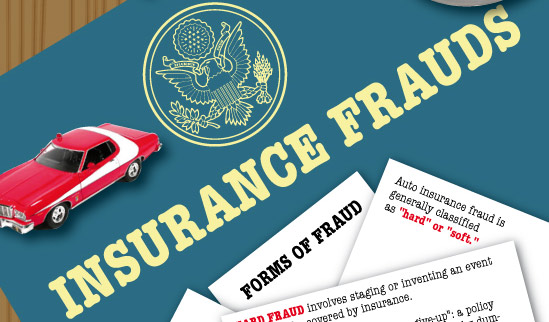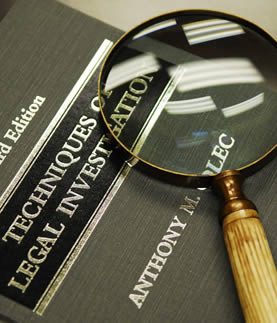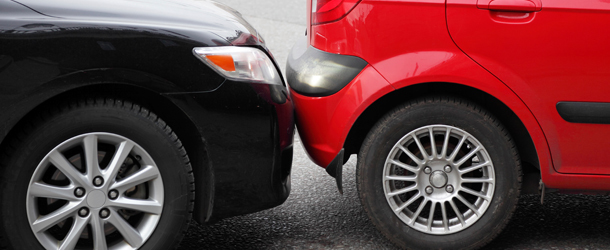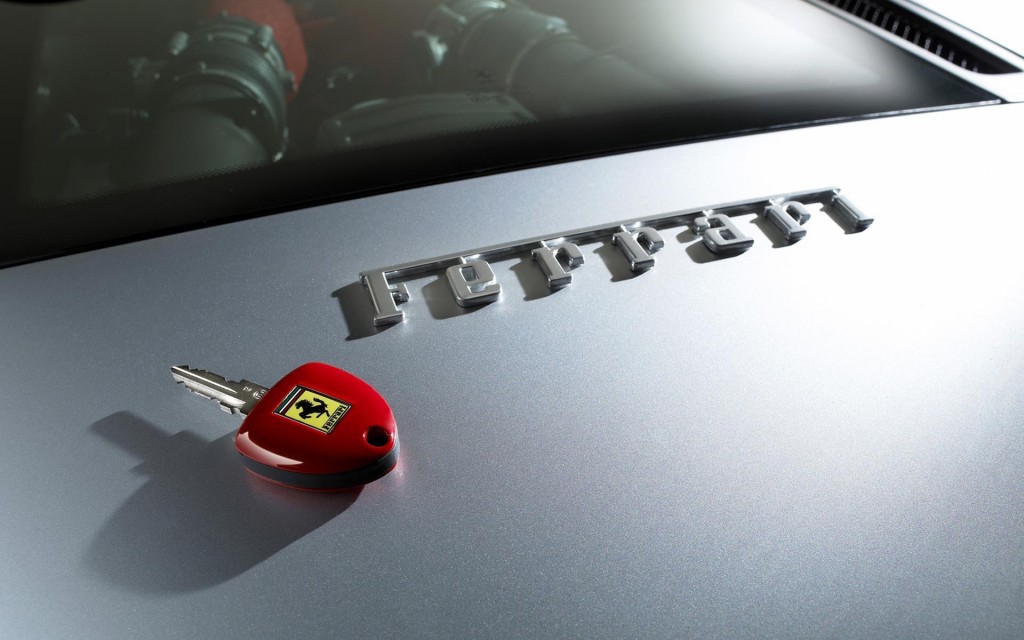Insurance fraud is a serious offense that has a ripple effect of repercussions across the entire economy. Some estimates put the annual cost of insurance fraud at $80 billion. When people think of insurance fraud usually it’s the big things that come to mind – staging a car accident, faking an injury, exaggerating an insurance claim, etc. But the truth is many people commit smaller incidences of insurance fraud every day. You may have even done it yourself on accident.
 Here are the white lies that can get you in insurance fraud hot water.
Here are the white lies that can get you in insurance fraud hot water.
Home, Condo and Renters Insurance
- Rounding up the value of items rather than researching the correct estimate.
- Not disclosing something you think may be defective before opening the policy.
- Claiming roommate’s items as your own on renters insurance.
- Failing to mention that you have a home office or conduct business in your home.
- Failing to mention that the home is a rental, not a primary residence.
- Claiming loss on an item that was already damaged or missing.
Motorcycle and Auto Insurance
- Low balling the mileage of a car or motorcycle.
- Low balling the amount of miles you drive in a day.
- Keeping a vehicle registered in an area with lower rates even after you move.
- Overestimating how much a commercial vehicle is used for personal use.
- Overestimating how much is lost in wages due to an injury sustained in an accident.
- Getting excessive treatment, like massage therapy, for a car accident injury.
- Telling the insurer that no one else drives your car when in actuality others do.
Life Insurance
- Lying about your weight. It’s personal information you may fib about to friends, but the life insurance company needs to know the real number.
- Forgetting to mention that you occasionally smoke or did in the past.
- Low balling the amount of drinks you have in a given week.
- Leaving out a prescription drug on the application – even one that’s taken for non-life threatening reasons.
- Not being upfront about your past driving offenses.
- Downplaying your adventure seeking side that regularly takes you to exotic locales and gets you into extreme sports.
Sometimes people unknowingly provide the wrong information. When you’re establishing a policy you may have to guesstimate some information, which may not always end up being accurate. Later down the road if you find that you’ve accidentally provided incorrect information don’t sweat it. Contact your insurer so you can get things updated and on the level.
Whether it’s a little white lie or a big fat one they are all the same, and all of them can be considered insurance fraud. If you don’t tell your insurance company the whole truth it can leave you in a vulnerable position and possibly disqualify you from coverage. When it comes to insurance honesty is always the best policy.
Image Source: amog.com/offbeat/insurance-fraud-costs/
Original Source: http://www.mybiginsurance.com/scams-fraud/white-lies-lead-insurance-fraud




